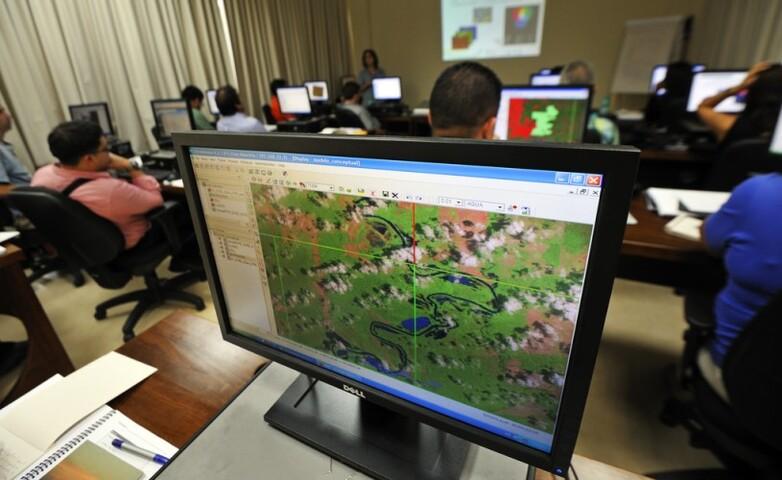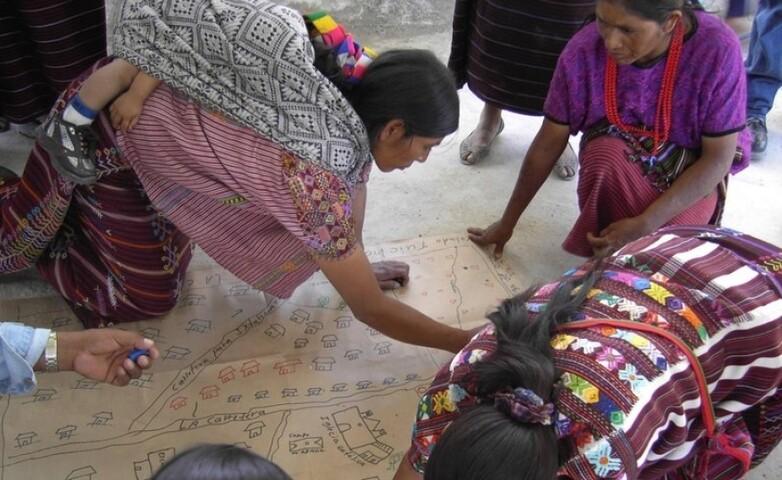Context
Corruption erodes democracy, disrupts justice, and stifles economic growth, making it a barrier to social development and environmental protection. It diminishes public trust in state institutions and hinders the delivery of essential services, further worsening the conditions of vulnerable populations, especially women.
In particular, the COVID-19 pandemic in Latin America and the Caribbean has intensified corruption risks. Due to the urgent need to address the public health crisis governments have had to act swiftly, which in turn has created more opportunities for corrupt practices.
To combat this, Supreme Audit Institutions (SAIs) play a critical role in promoting transparency within public administration. They highlight risks and enforce better internal controls to prevent corruption.
Moreover, their work not only focuses on anti-corruption efforts, but also integrates gender equality, human rights, and digitalisation. These elements further contribute to developing innovative methods for improving control mechanisms and reducing corruption.
Objective
The Latin American and Caribbean Organization of Supreme Audit Institutions (OLACEFS) has increased the involvement of SAIs in national anti-corruption efforts, leading to more effective participation in preventing and combating corruption.
Approach
The project operates across three main areas:
- Enhancing anti-corruption services: The project improves the services offered by OLACEFS. These enhanced services encourage SAIs to take an active role in national anti-corruption efforts, thereby boosting their ability to detect, prevent, and combat corruption.
- Increasing civil society participation: The project promotes greater involvement of non-state actors in SAI audits. Through their participation, civil society plays a crucial role in highlighting areas at risk of corruption and providing important input for audit planning, including whistleblowing. This helps foster regional good practices.
- Promoting collaborative efforts: The project encourages the exchange of information and technical cooperation between SAIs and other government actors, which allows a greater collaborative impact on preventing corruption.
